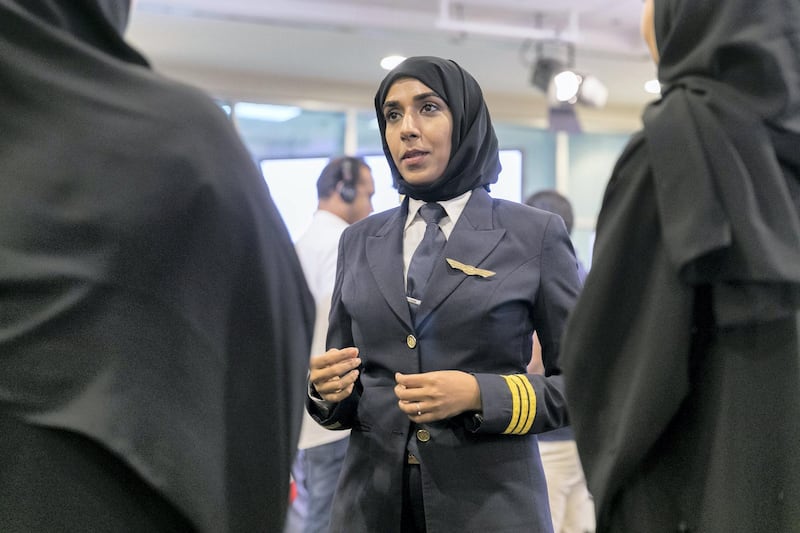Human resources leaders from prominent GCC companies and governments called for expansion of the female workforce through continued professional development of staff and flexible work policies to facilitate growth, while highlighting reforms that are already increasing gender parity.
However, companies should be careful of instigating exclusive, gender-specific policies that could inadvertently subjugate women, delegates at a human resources summit in Abu Dhabi heard.
“We [men and women] differ, but we are all equal when it comes to work,” Laila Faridoon, executive director, chairman and director-general of the UAE Roads & Transport Authority, told the Government HR Summit on Wednesday.
“We need to re-code [this notion that women are different or inferior to men] within company culture.”
HR policies should present career development opportunities “irrespective of gender”, tailored to an individual’s skills and ambitions, added Joanna Reed, executive director of talent management at Bahrain Economic Development Board (EDB), the country’s investment promotion agency.
Despite impressive higher education rates among women, the region has lower rates of female labour force participation than the global average. Women make up 49 per cent of the Mena population and, in some countries, up to 63 per cent of university students. Yet they represent 28 per cent of the labour force, according to the World Bank.
However, some governments are working to increase female labour market participation. In the UAE, female workforce participation exceeds the regional average at 46 per cent in 2014, according to Boston Consulting Group. Saudi Arabia’s Vision 2030 economic roadmap aims to increase female participation to 30 per cent over the next 15 years from 22 per cent.
_______________
Read more:
[ More women are joining the UAE labour force ]
[ How women face challenges in the business world ]
_______________
Bahrain EDB has increased the proportion of female employees, to 62 per cent of the total 140 staff, Ms Reed said. It has done this by hiring educated women and providing professional development in order to retain them. It has invested in creating a comprehensive 70:20:10 learning and development programme, the bulk of which is on-the-job mentoring, while the remainder comprises online learning and participation in accredited professional courses.
The organisation also encourages secondments and flexible working, which is the future of business, Ms Reed said. “GCC countries have to get on board with this if they’re not already there.”
Saudi Aramco, the kingdom’s state oil giant, wants to help change the make-up of a traditionally male-dominated industry, Lamah Al Khayyal, head of Aramco’s women, diversity and empowerment division, told the summit.
Her department runs outreach programmes to primary and secondary schools, and other initiatives to spark an interest in science and engineering among girls from an early age.






